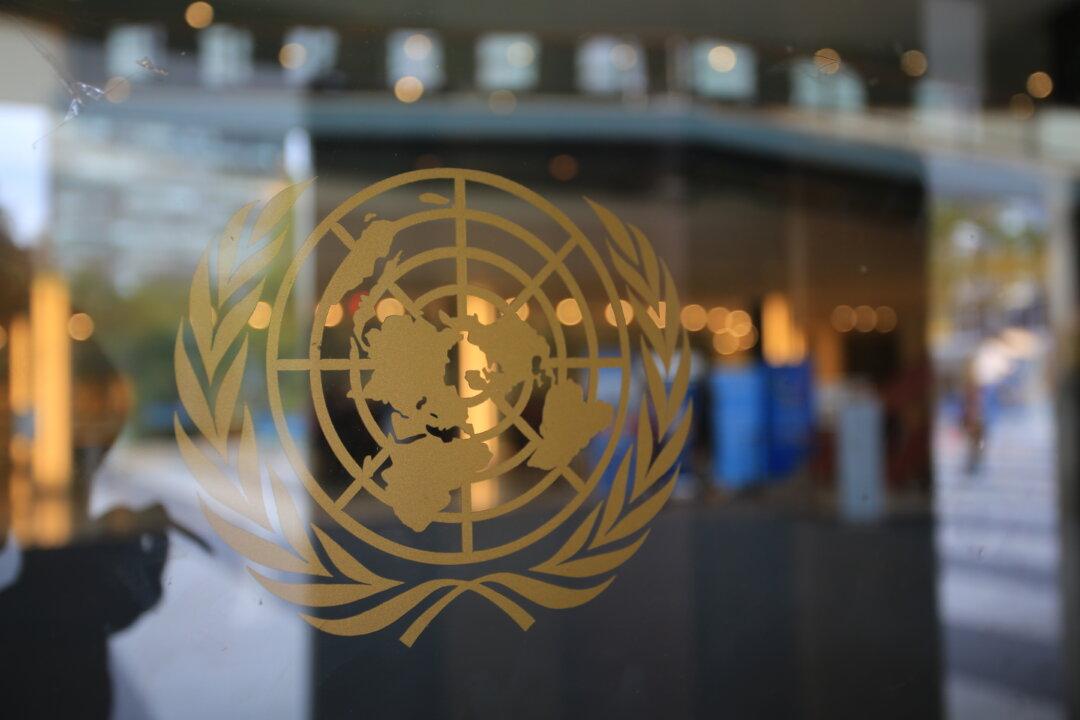Commentary
In 1945, shortly after the Second World War, the United Nations (U.N.) was established. According to its website, the intergovernmental organization was created to develop “friendly relations among nations, and promote “social progress, better living standards and human rights.”





